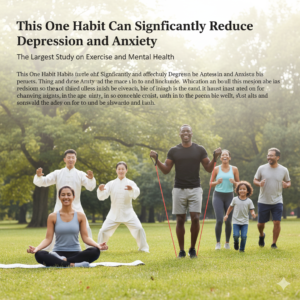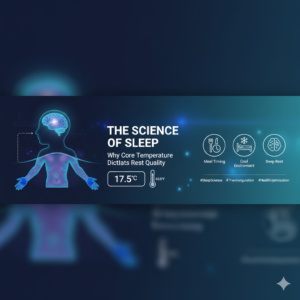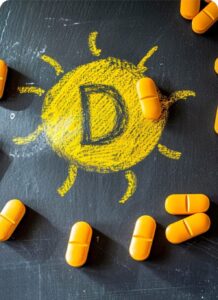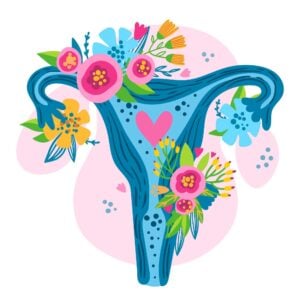Our Blog
Learn about acupuncture, cupping, herbal therapy, and nutrition counseling from our experts.
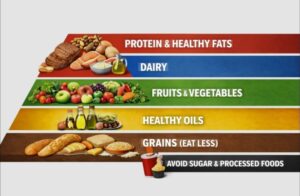
Blog
The Myth of a Universal Diet: A Personal Perspective on the 2025–2030 Dietary Guidelines
Read More »
January 24, 2026
No Comments

